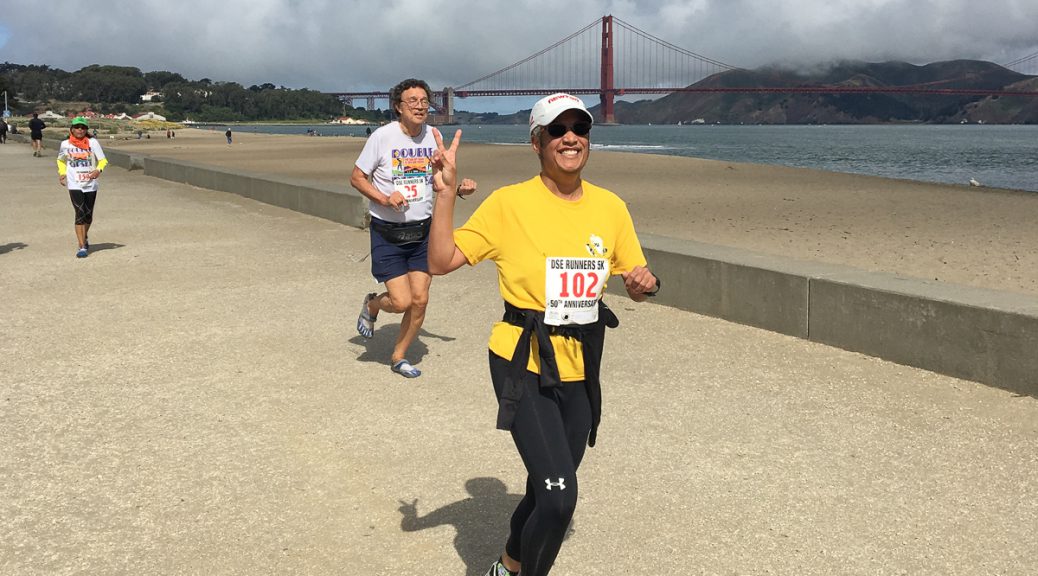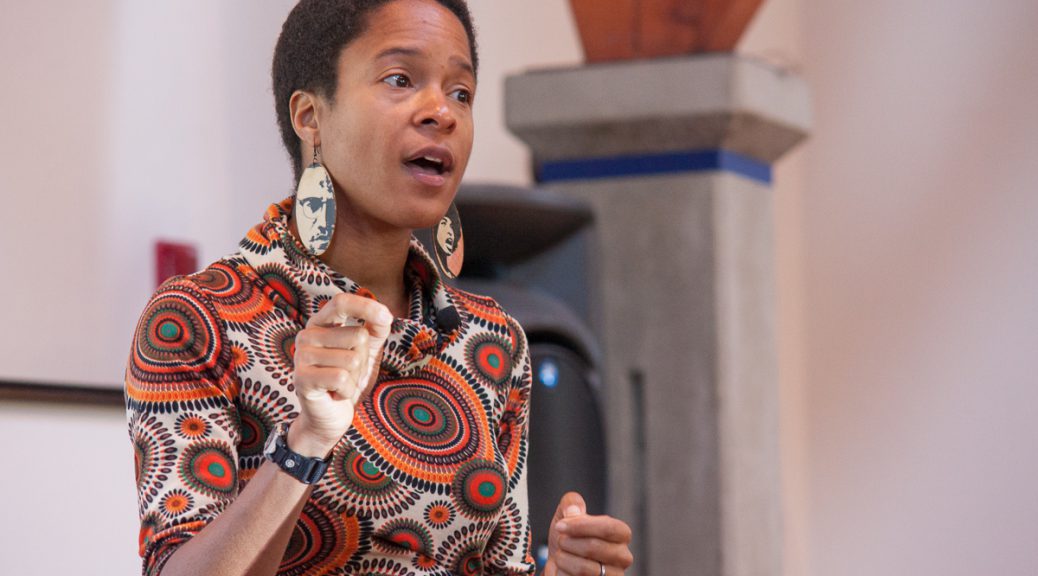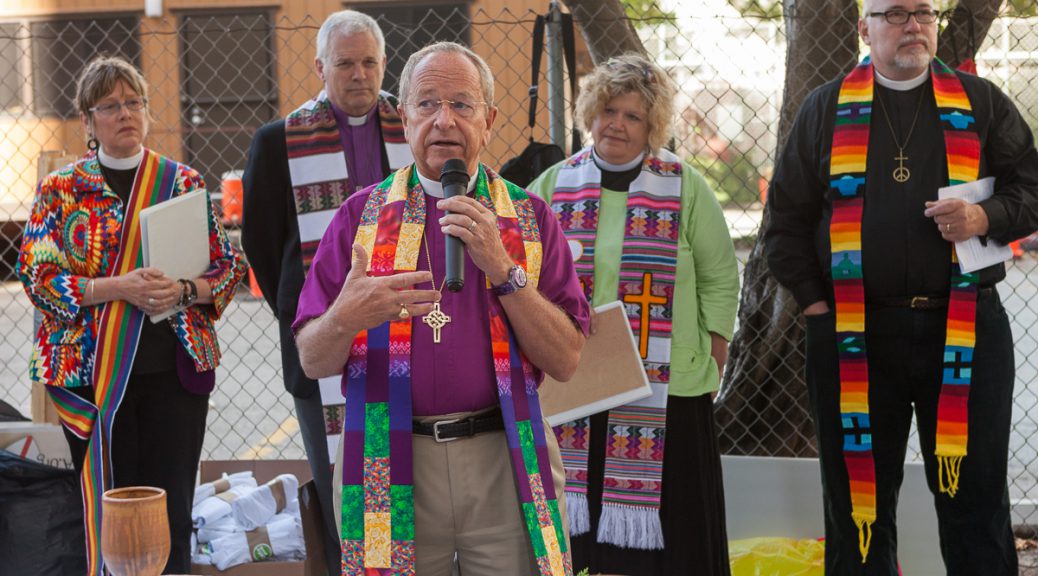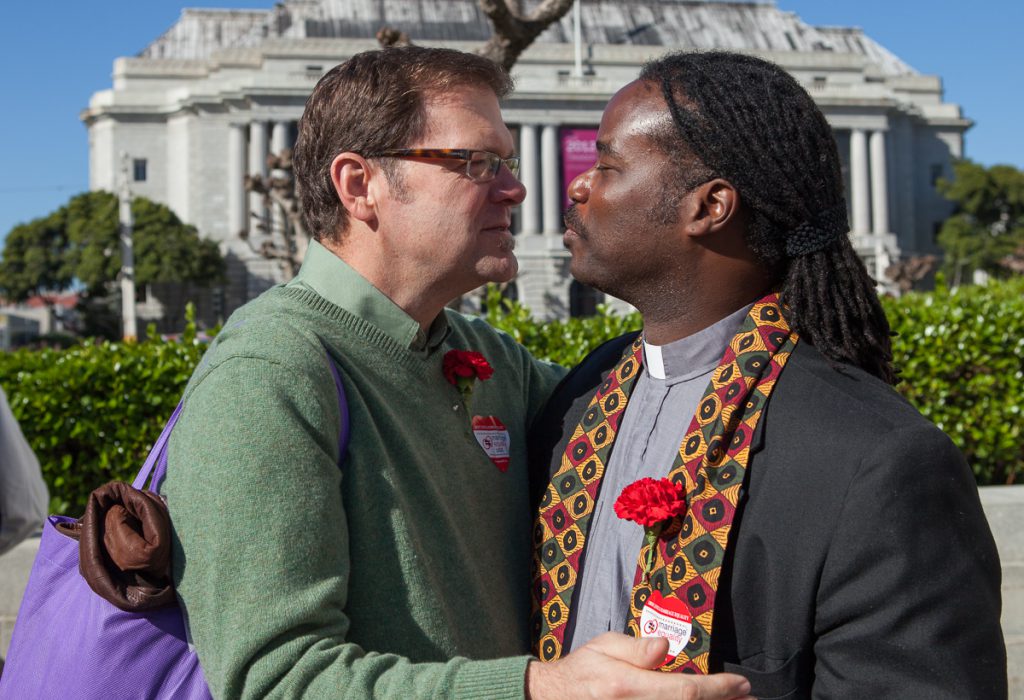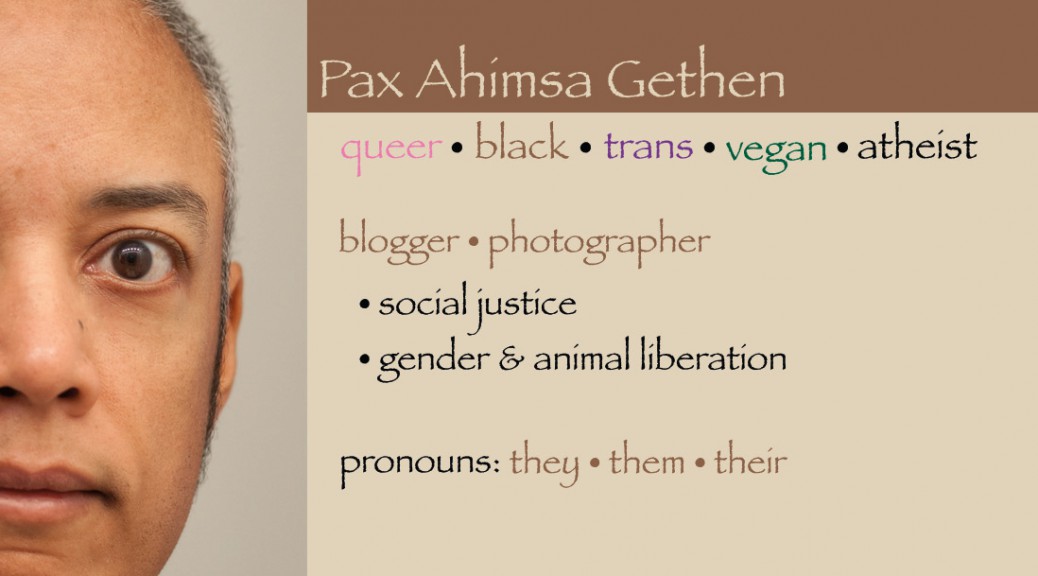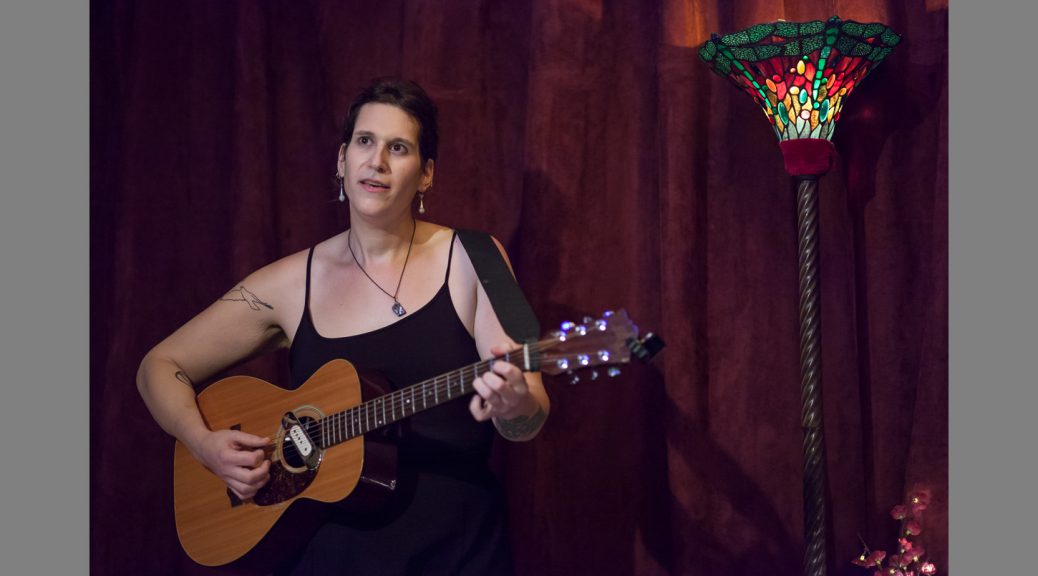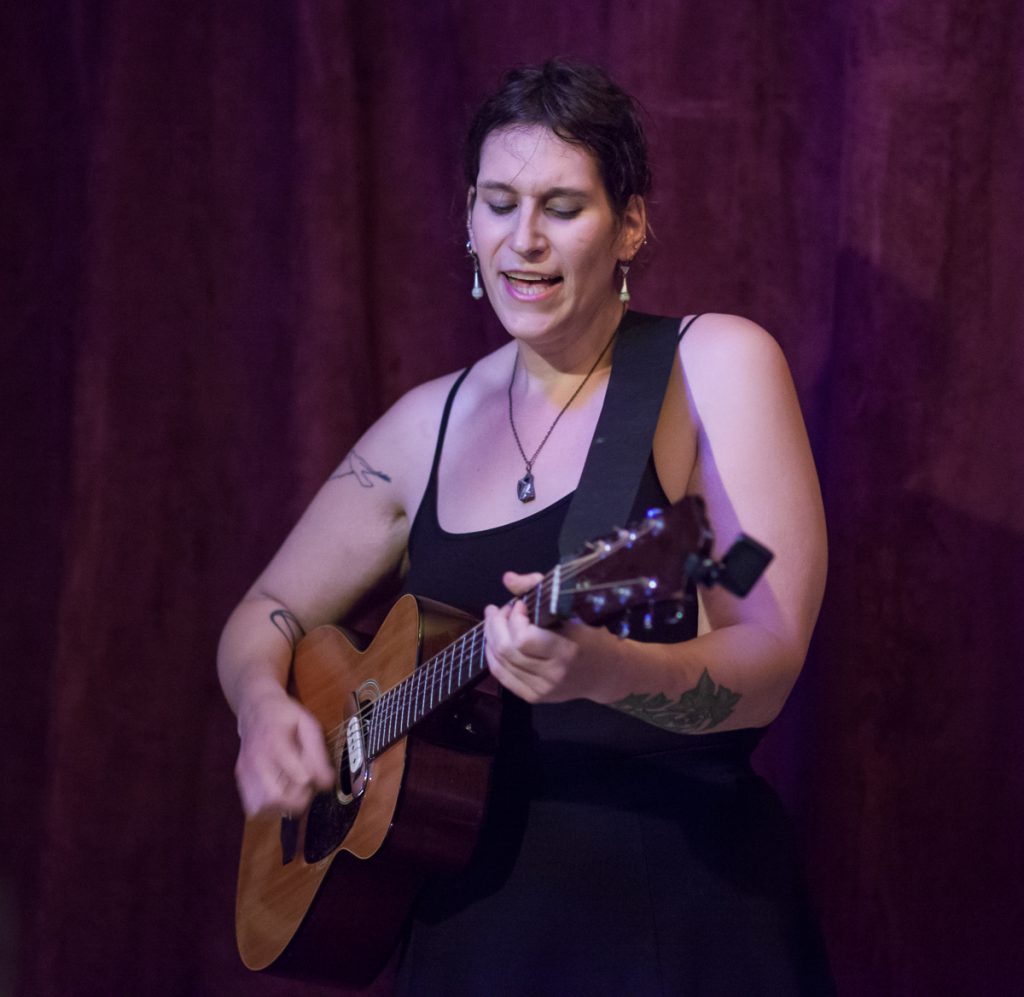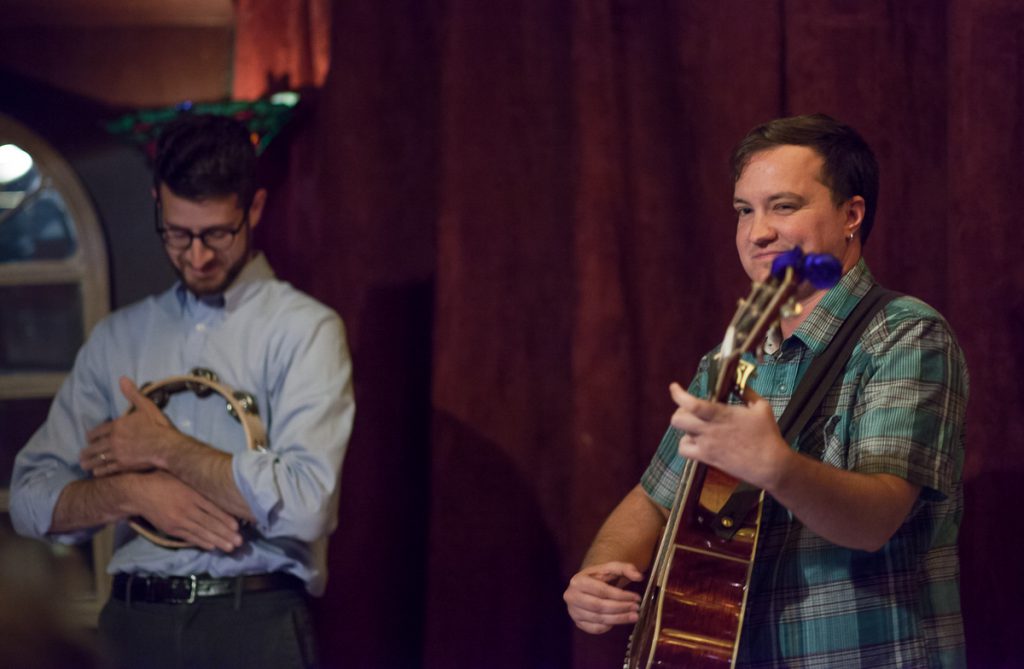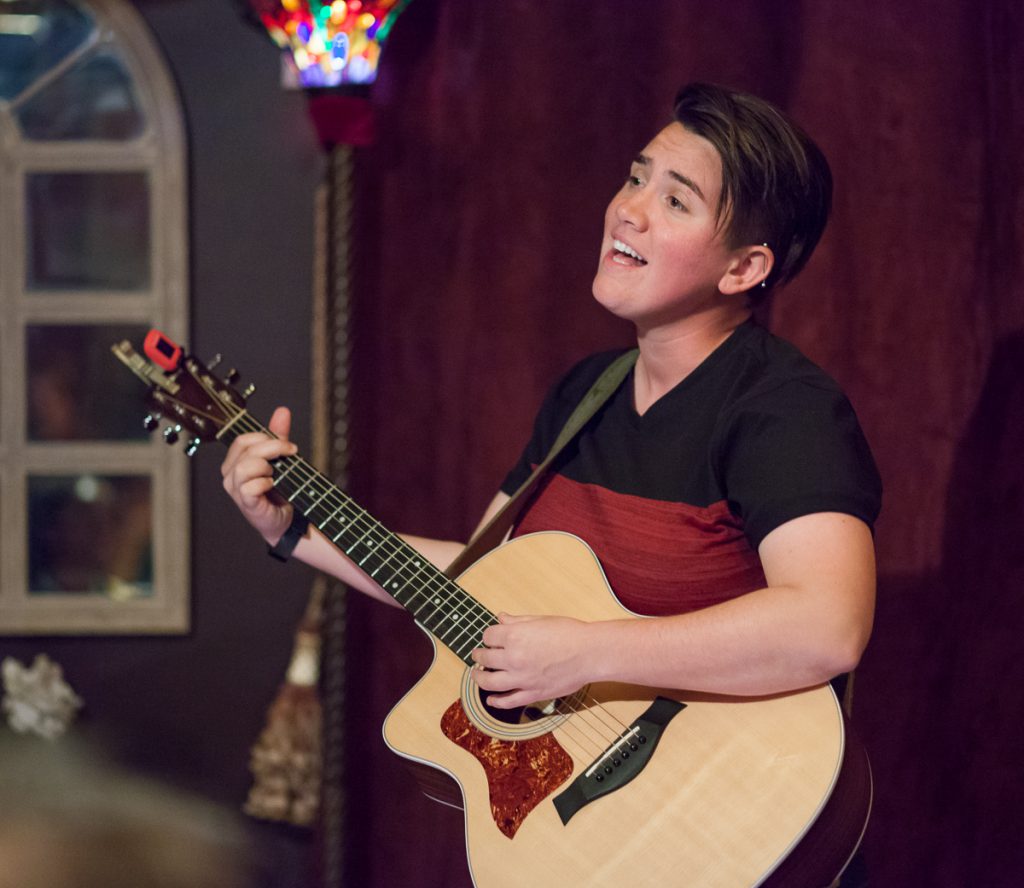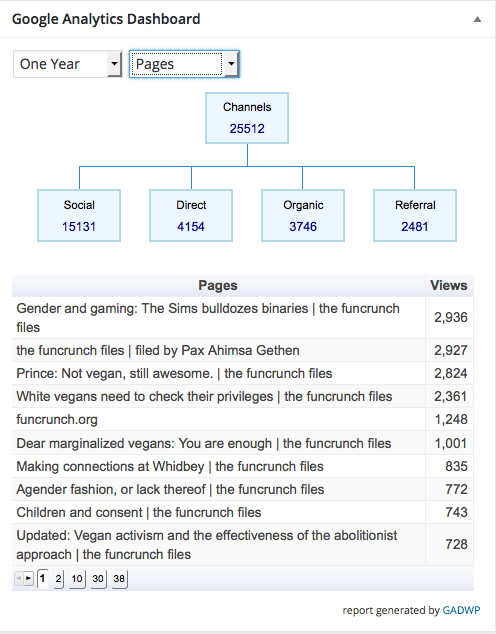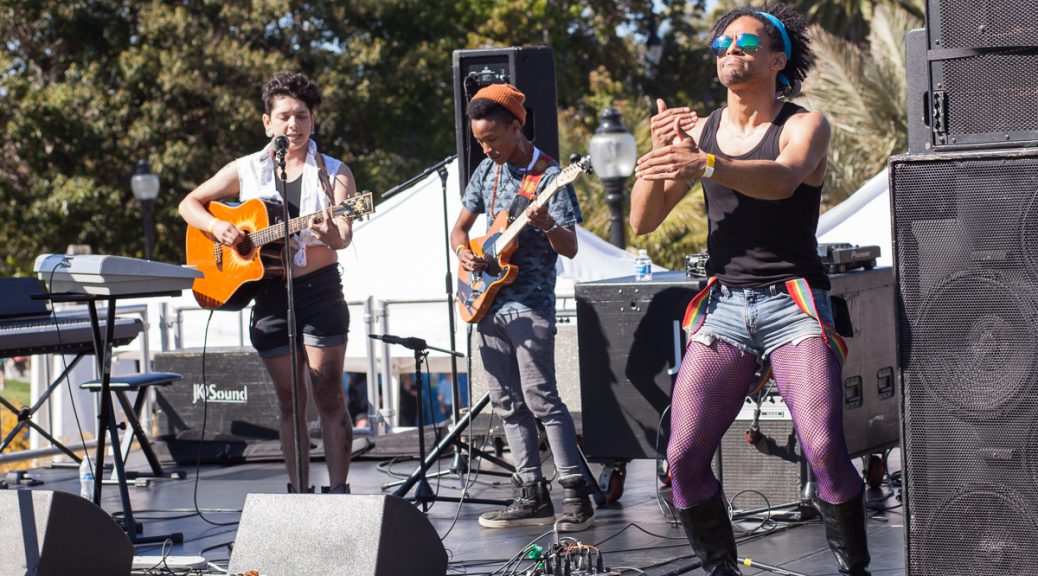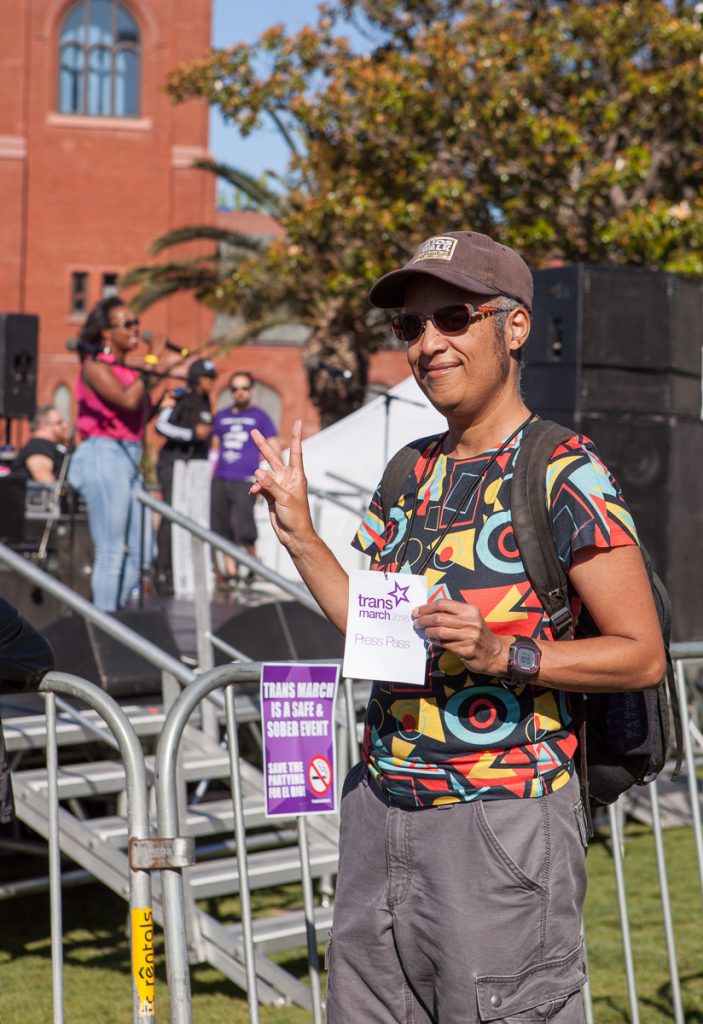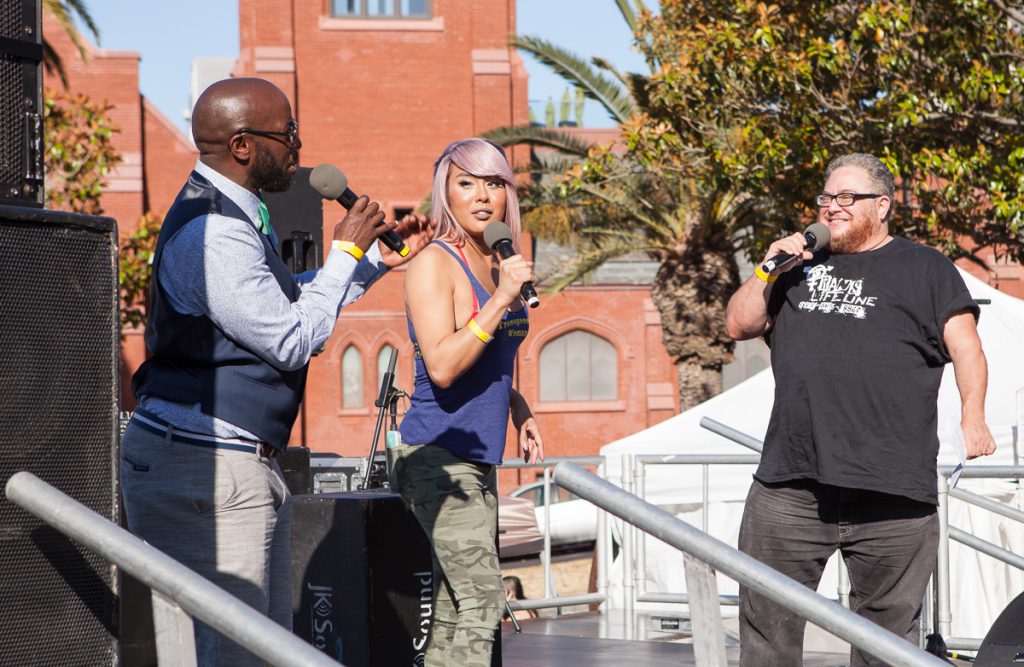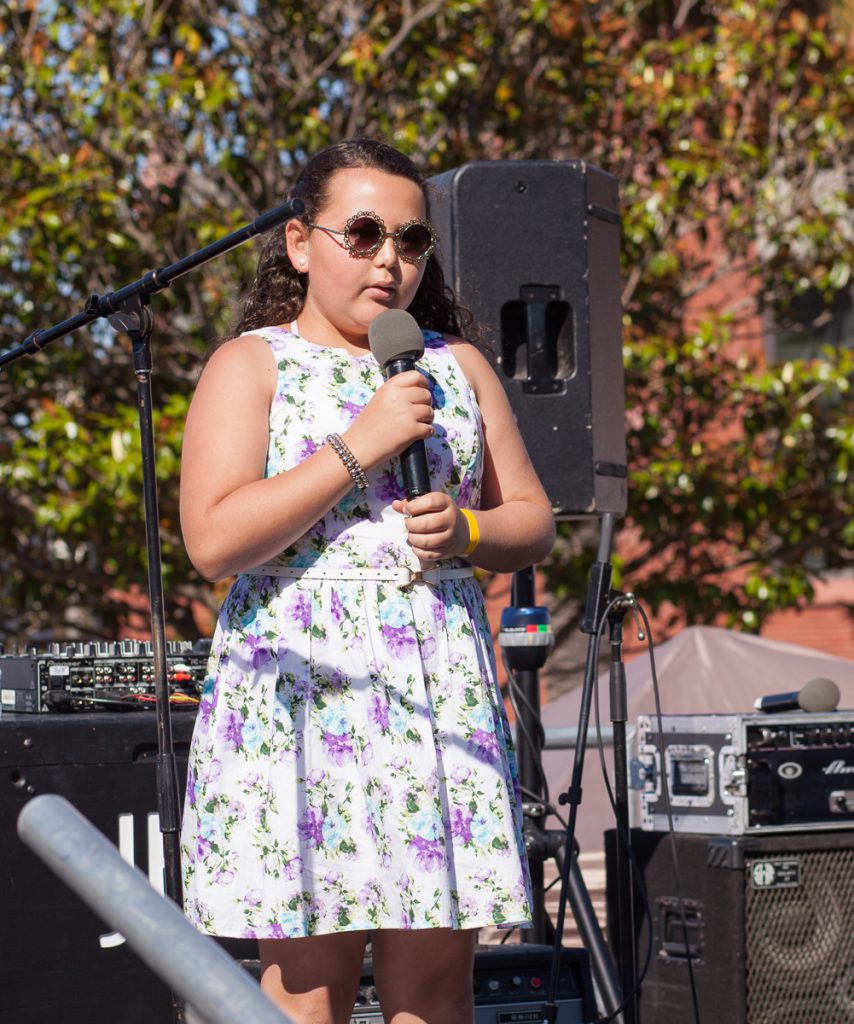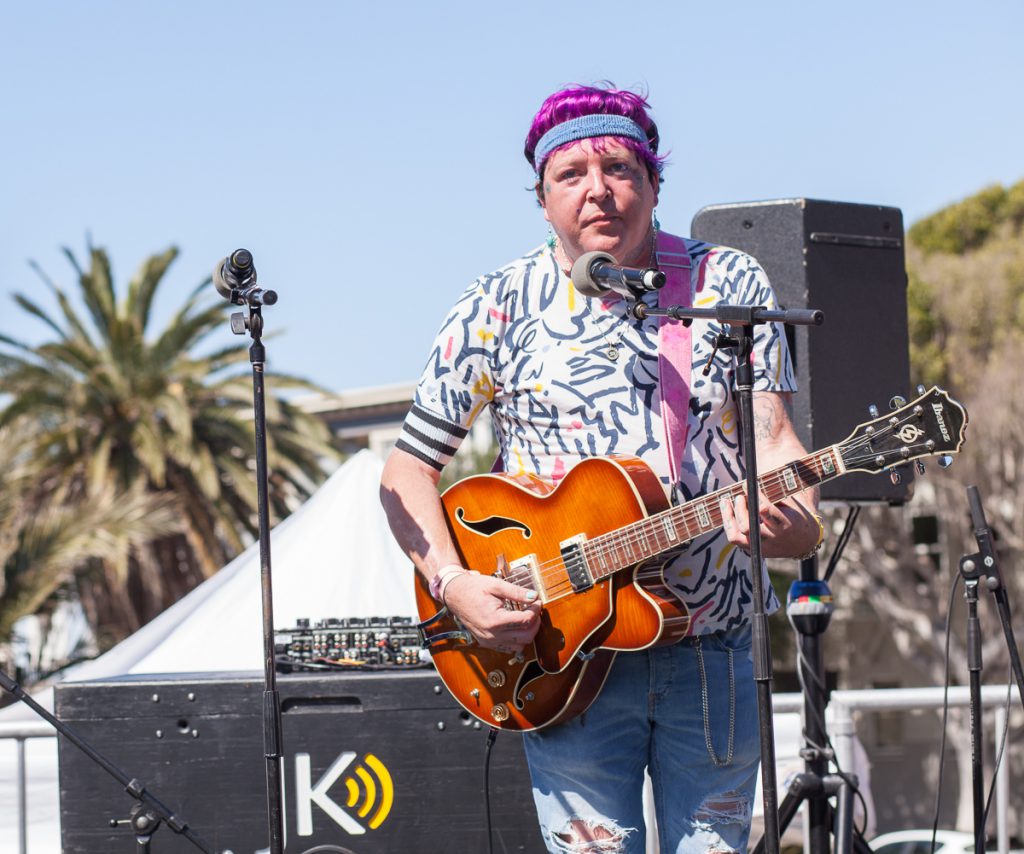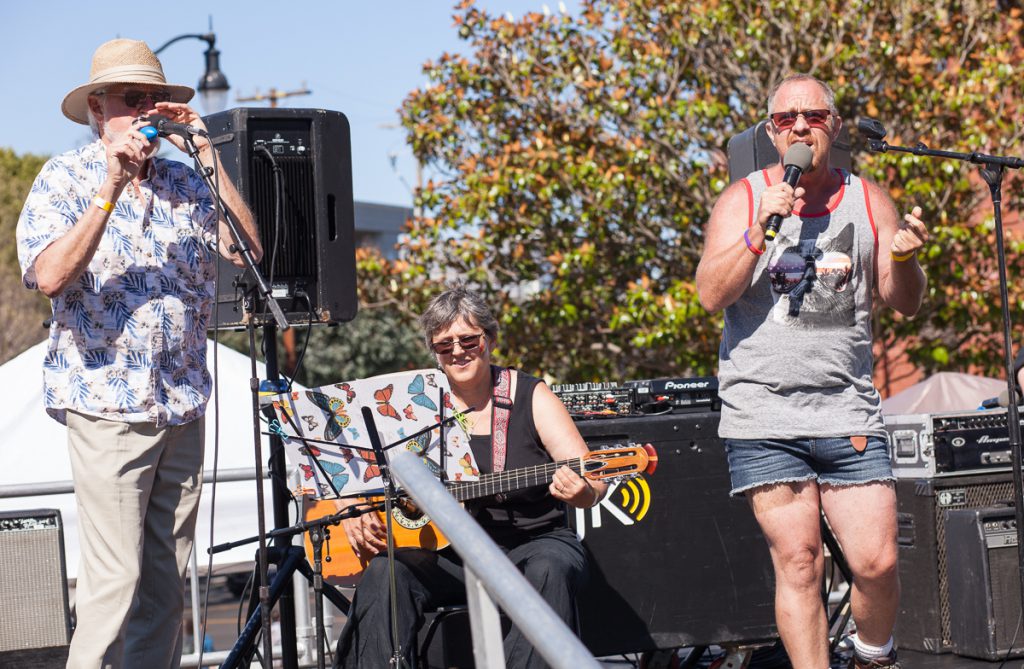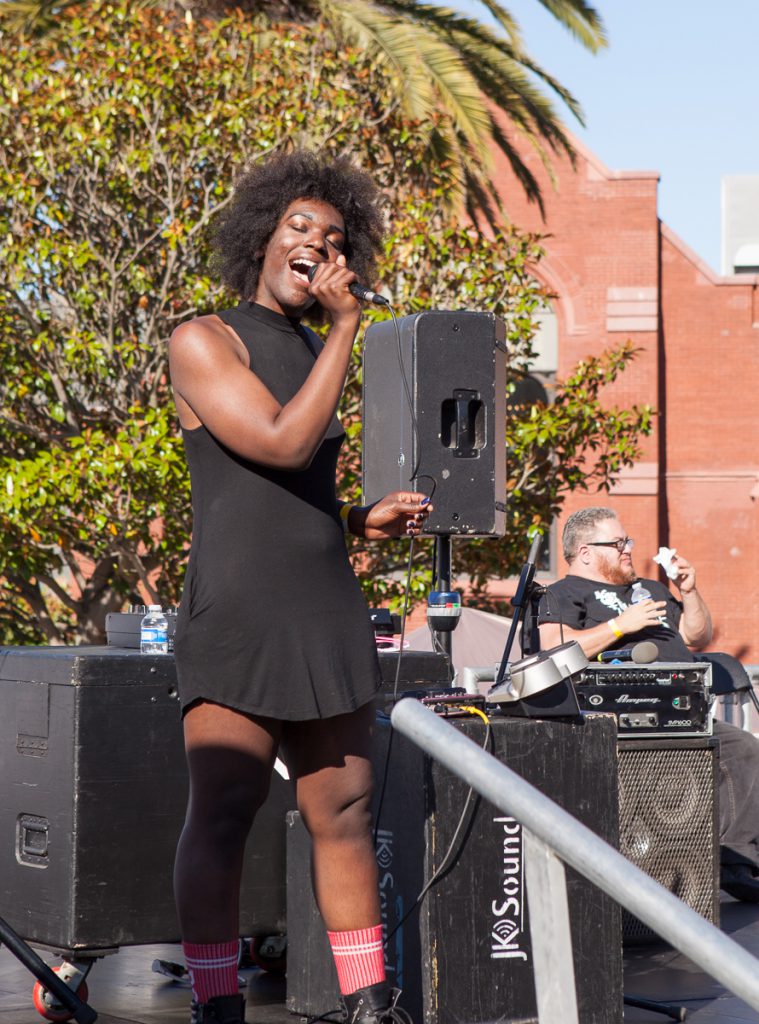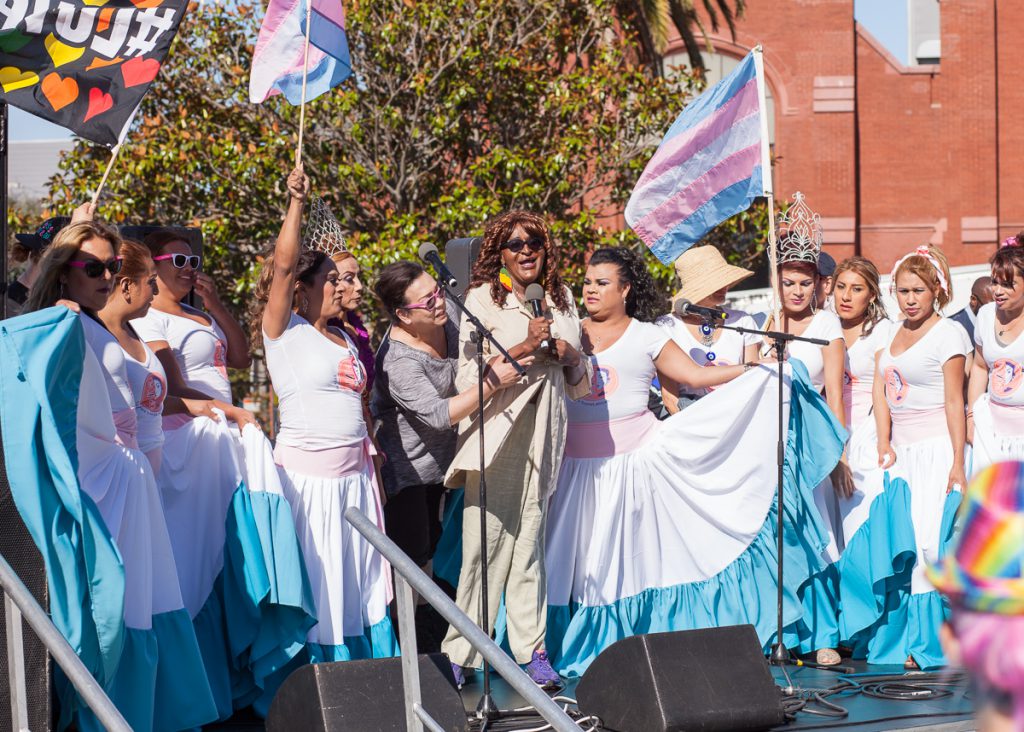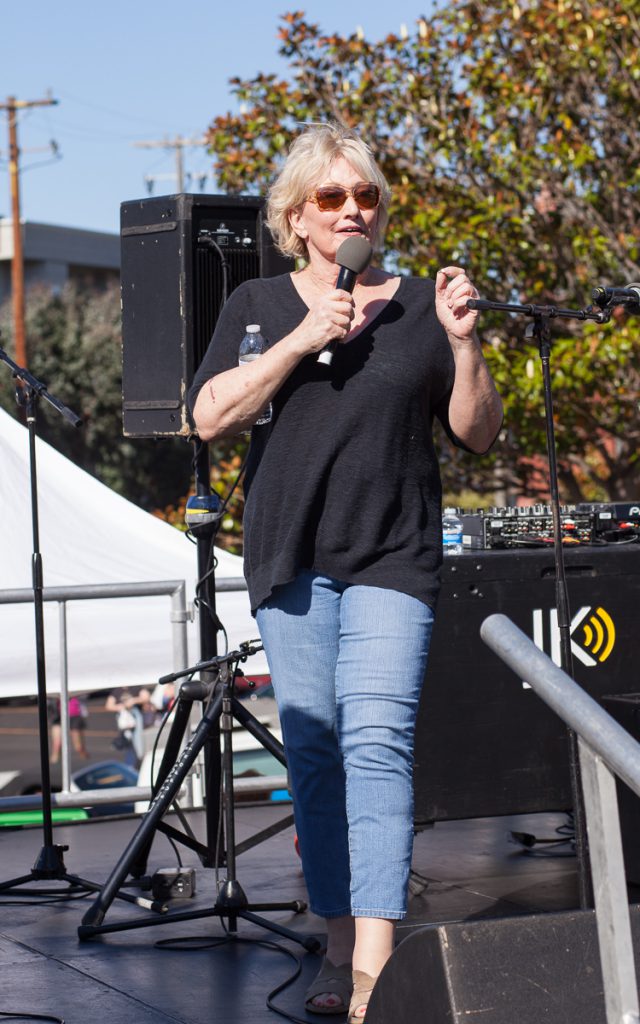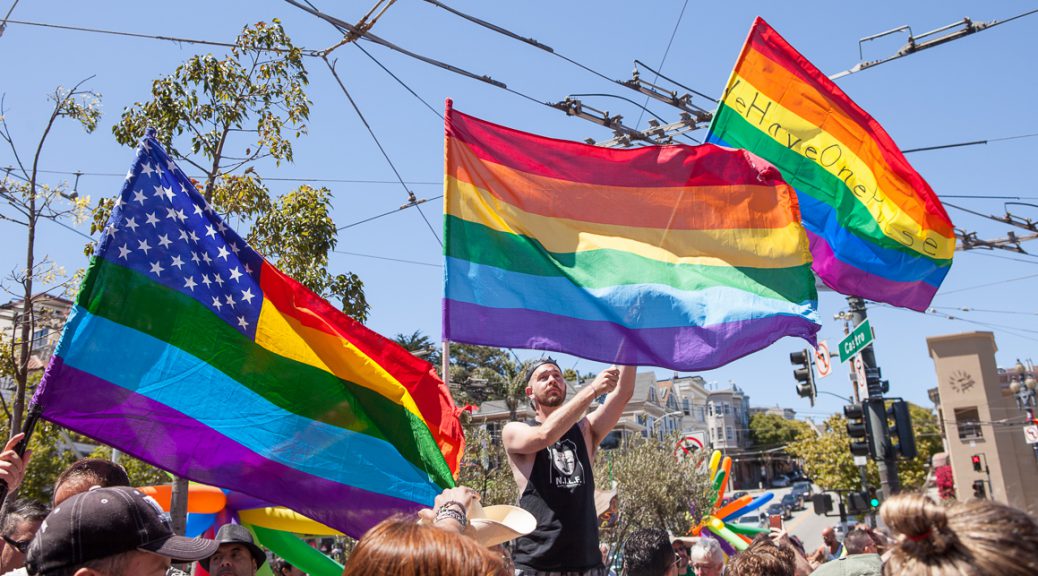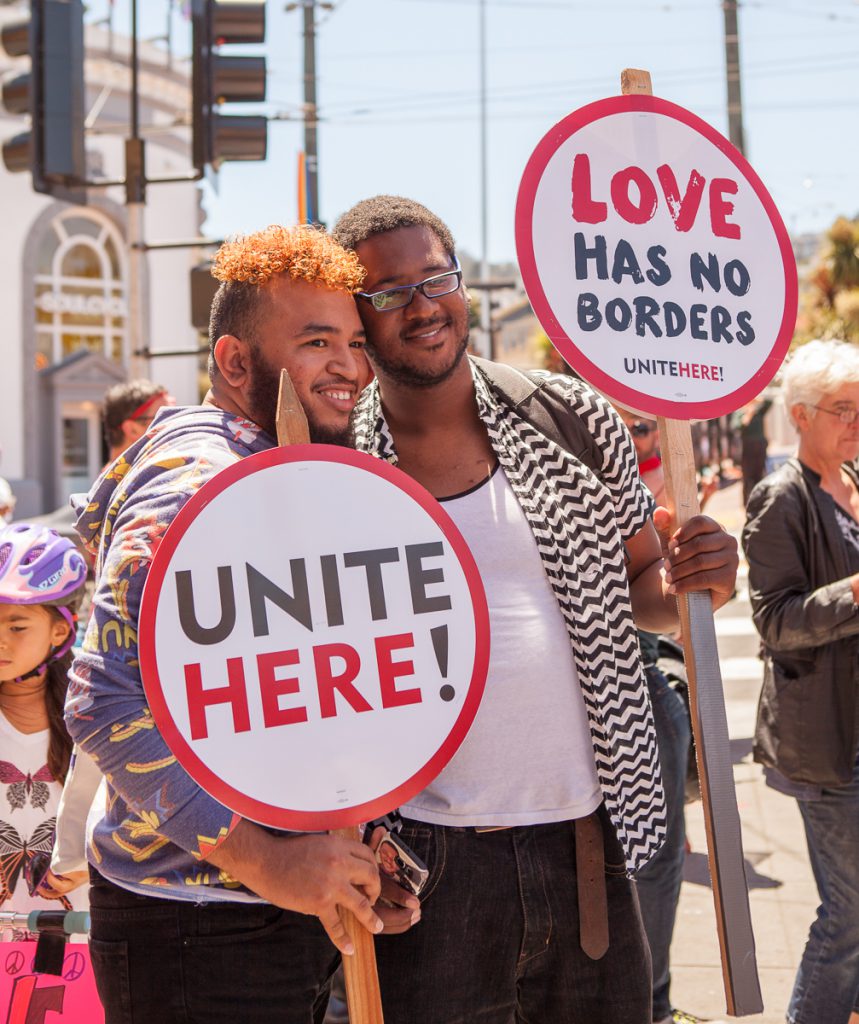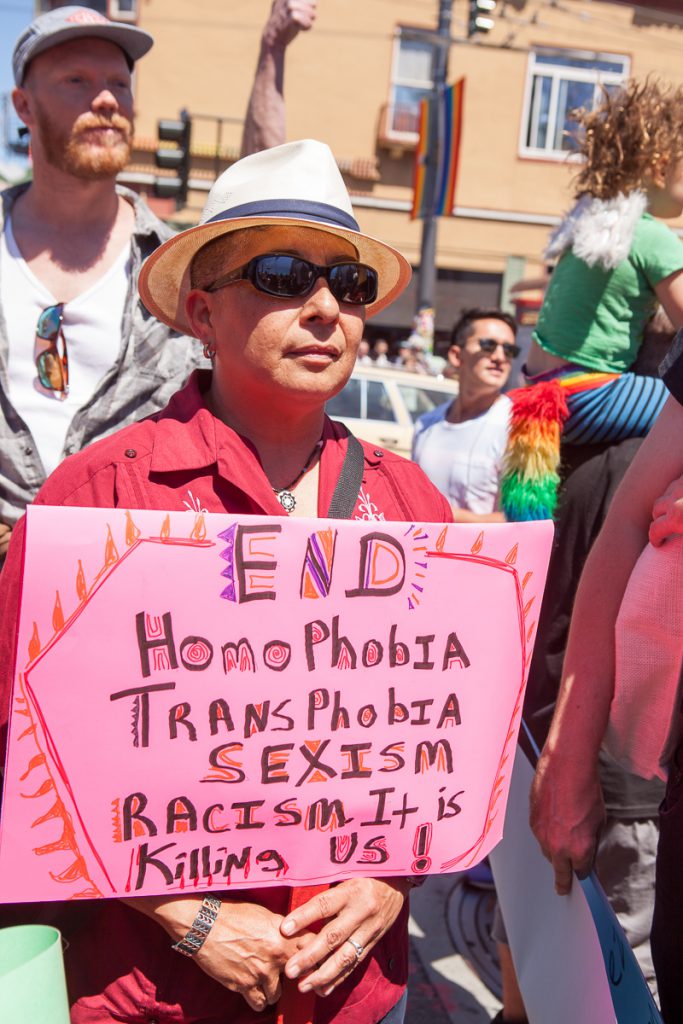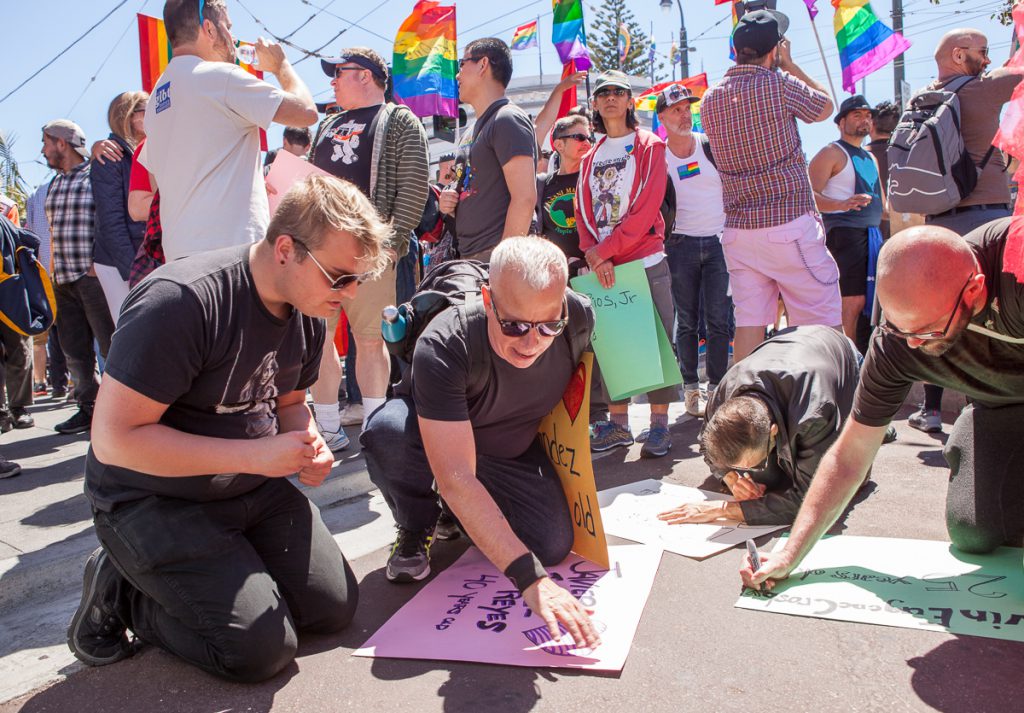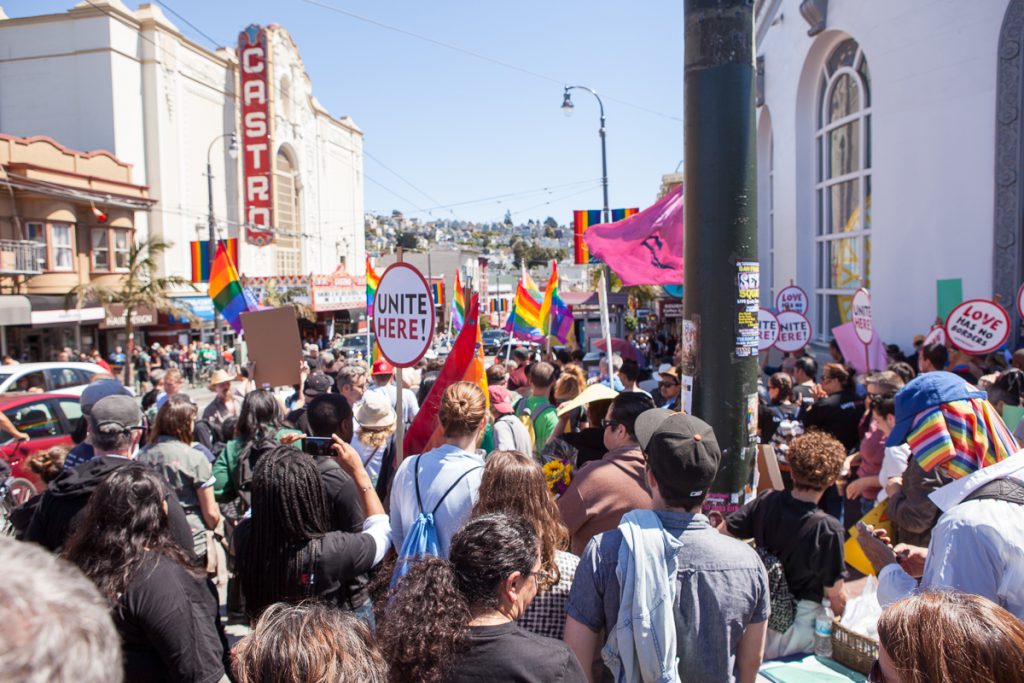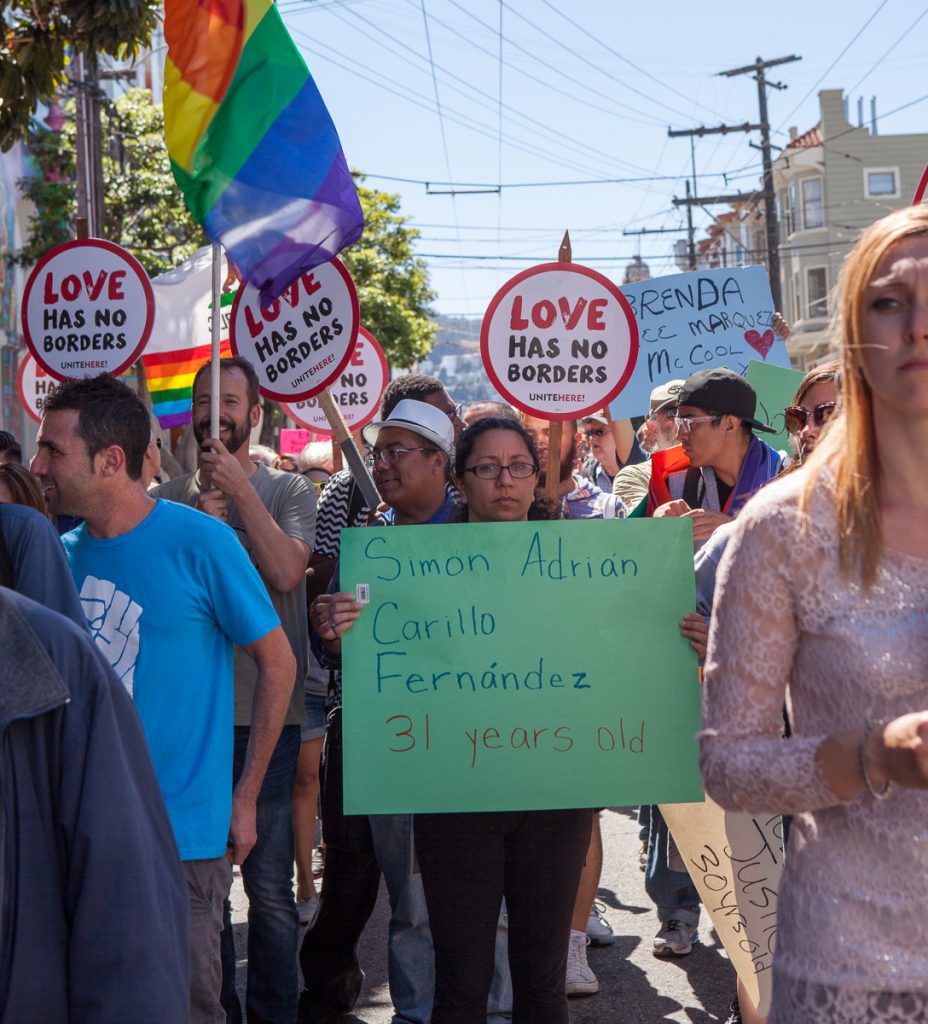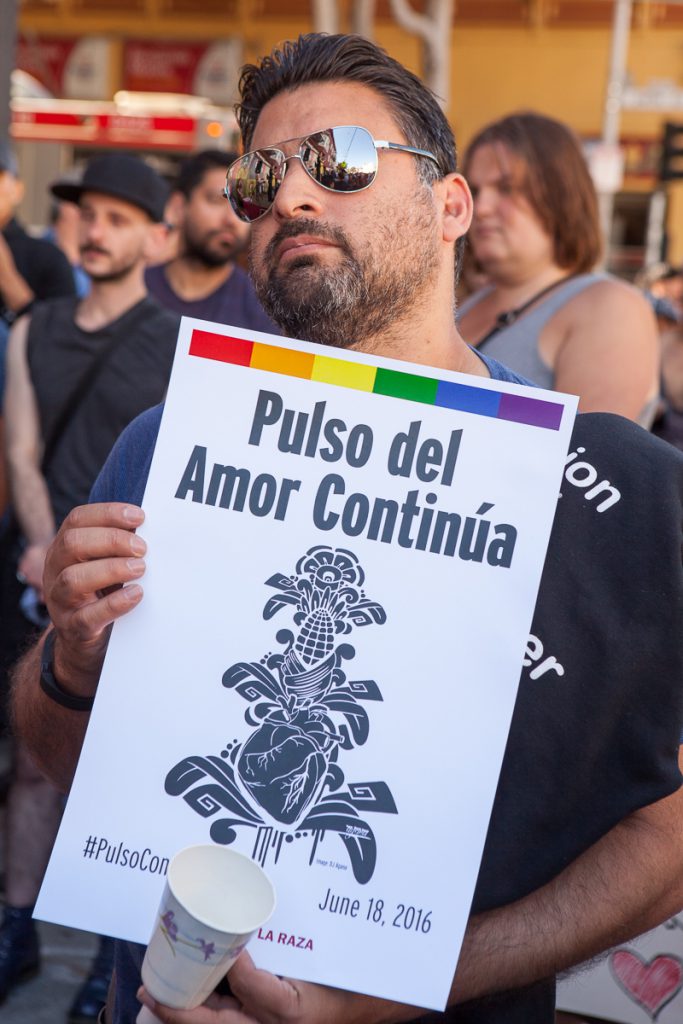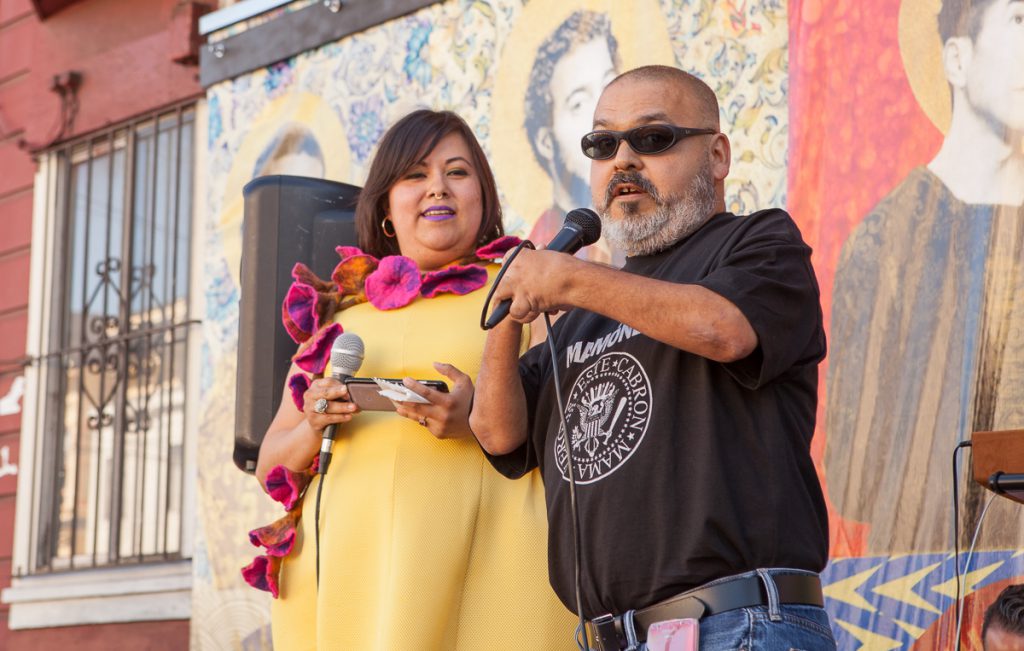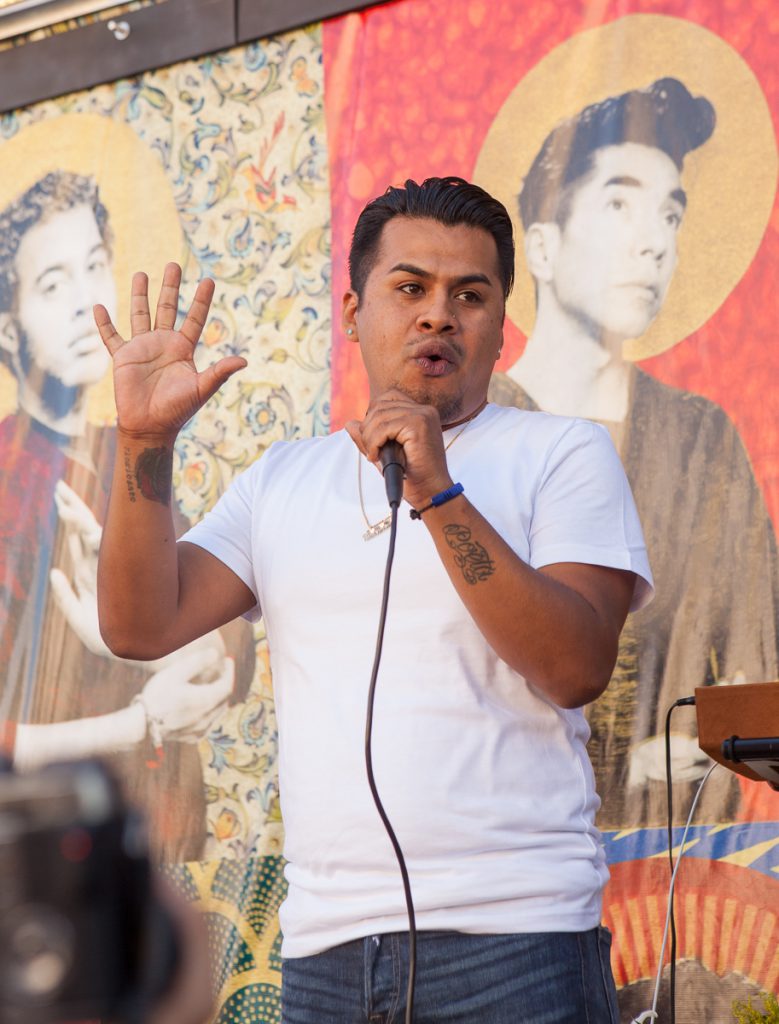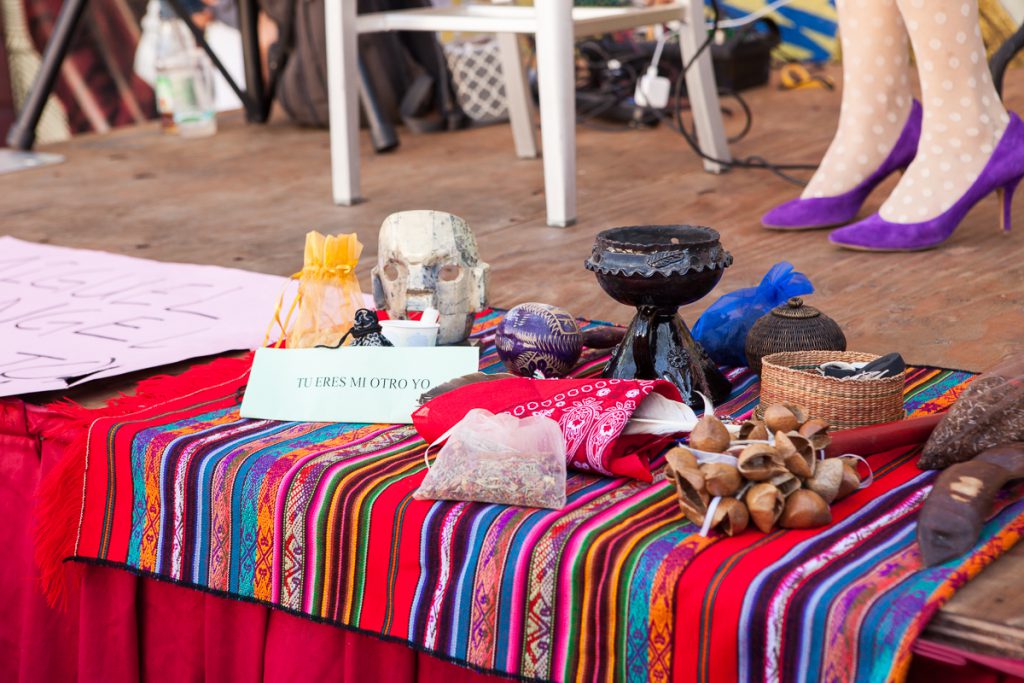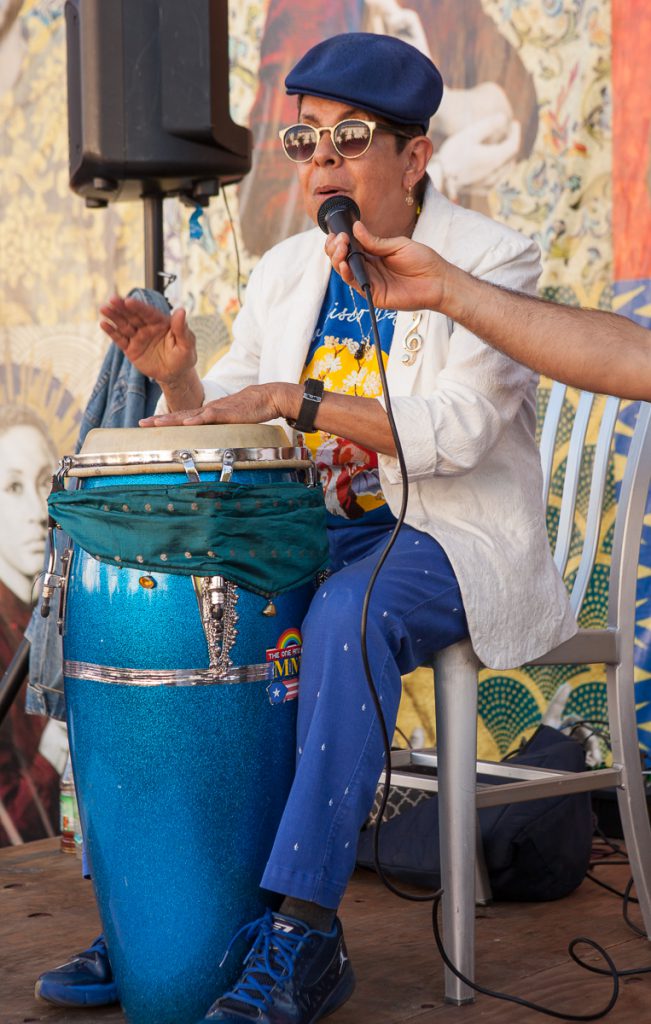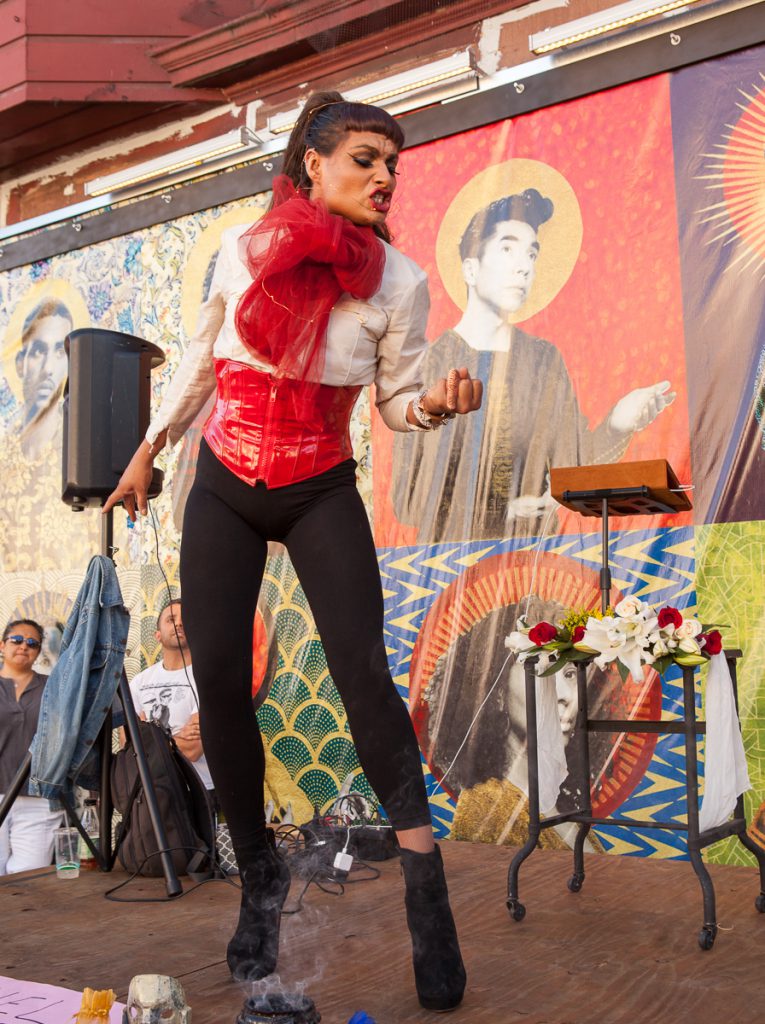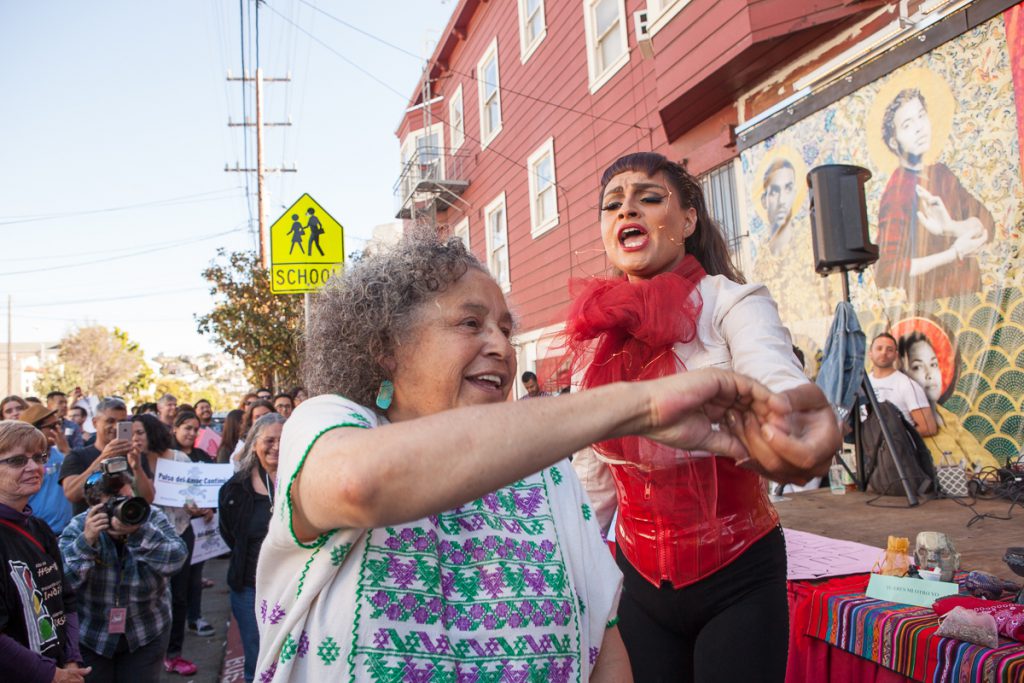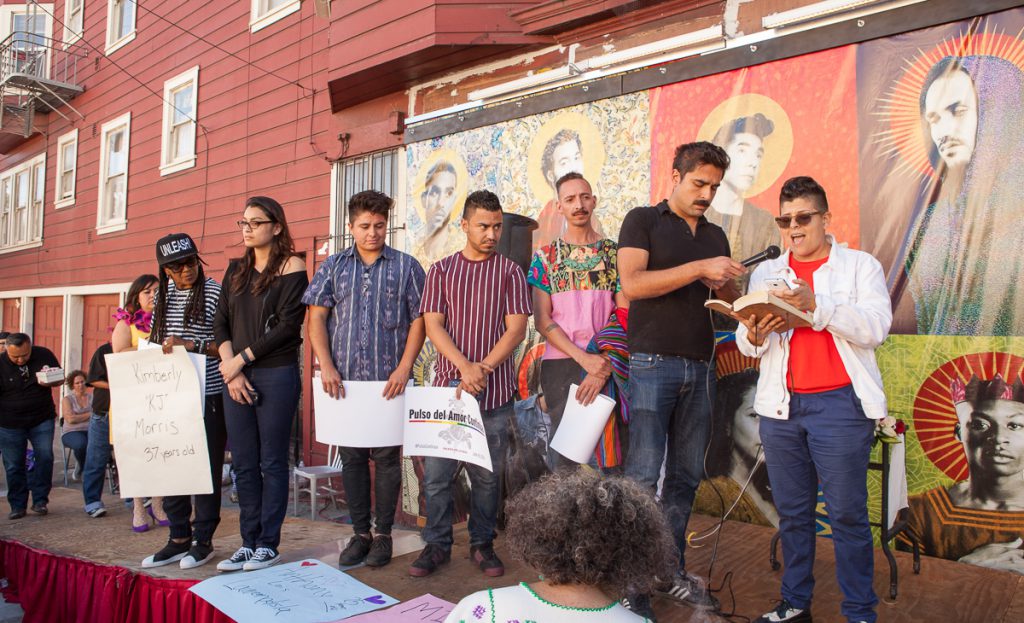[Image: Pax runs while smiling and making a “V” sign with their fingers. Photo by Ziggy.]
Content note: Exercise and fitness discussion.
Watching the Summer Olympics inspired me to make another attempt at recommitting to a regular exercise schedule. As I miss racing, I’ve decided to run a minimum of three miles, six days a week. I’m doing a brief warmup in the morning and some yoga stretches in the evening, but otherwise not committing to any other fitness activities at this time. I’ve registered to run the Bridge to Bridge 12K in October and the Kaiser Half Marathon in February.
So far I’ve stuck to this schedule for a week, usually rising before 6 a.m. so that I can get out and back before too many people are out and about. These early run times will also be helpful as daytime temperatures rise in September and October; sweating under layers while cis men run bare-chested makes me seriously resentful and dysphoric. Even this morning, overcast and 55 degrees, I was sweating in a light windbreaker, but didn’t dare take it off to reveal my white T-shirt with nothing hiding my breasts underneath. While I hope to lose some of the fat I’ve accumulated on my chest and midsection, I will likely never be able to run topless safely, as I’ve written about before.
Reading the debate over South African runner Caster Semenya made me think about my own experience of running before and after starting testosterone therapy. While the gender policing of elite athletes is highly problematic and based on dubious or nonexistent scientific evidence, I have no hope or desire to compete at that level, and am no longer competing against women in any case. I noticed a marked improvement in my running times after starting my physical transition, but I’m now wondering how much of that was psychological as opposed to physical, as I didn’t come close to realizing my athletic potential when I had an estrogen-dominant body.
Regardless of my finishing times, one of my main motivations for running, aside from improving my physical health, is to make sure I get out of the house at least a few hours a week. I’ve sunk so far into depression and introversion that it’s been unusual for me to leave the apartment more than a couple of times a week. Spending most of my days sitting in front of the computer or TV hasn’t made me feel good. I remember a quote from ultramarathon runner Dean Karnazes: “Somewhere along the way we confused comfort with happiness.” Getting up at 5:30 a.m. and dealing with fatigue and aching, atrophied muscles is uncomfortable, but it’s just what I need right now.
Of course, this “pain is good” philosophy can be taken too far. When I was in marathon training back in 2012-2013, I read the autobiographies of Karnazes and several other ultrarunners: Scott Jurek, Marshall Ulrich, Rich Roll, and Christopher Bergland. As this was not only before my transition, but also before I was “woke”, it didn’t dawn on me at the time that all of these books were written by white cis men. Most of them had faced personal losses of some kind—divorce, death of a spouse or family member—which had motivated their efforts. But aside from Bergland, who is openly gay and was assaulted for it, none have faced the kind of daily microaggressions that come with being judged for your very existence, as those of us who have brown skin and/or trans bodies know all too well.
The challenge of just surviving in this body is enough that I don’t want to burden myself with unrealistic athletic goals. My long runs got less and less rewarding the further I went beyond 13.1 miles (half marathon distance). I don’t relish the idea of spending hours and hours training for a full marathon again just to see if I can beat my pre-transition finishing time. The 26.2 mile distance is arbitrary and totally unnecessary for fitness purposes, which I knew well before I accepted the challenge from Karnazes to complete it. It’s great for Karnazes that he ran 50 marathons in 50 states in 50 days, and that he, Jurek, and Ulrich have all completed the 135 mile Badwater Ultramarathon in Death Valley multiple times, but I don’t need to attempt anything like that to prove myself.
Truthfully, I have no idea what I’m capable of, mentally or physically. I have a transsexual male body, which is a configuration relatively few people have experienced. I use the term “transsexual” deliberately despite it falling out of favor, and will continue to defend its use by trans people who chose that identifier for themselves. Regardless, I can’t just look at charts that presume a male/female binary to assess or predict my performance. I’m charting new territory with each step. I can only hope to find some enjoyment and fulfillment in the process.
